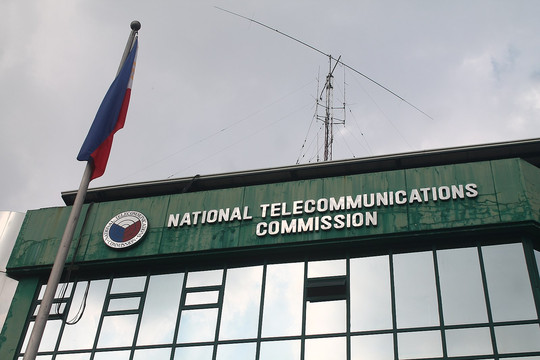National Security Adviser and Anti-Terrorism Council Vice-Chairperson, Hermogenes Esperon Jr., requested the National Telecommunications Commission block access to 28 websites, citing their affiliation with the Communist Party of the Philippines, New People’s Army and the National Democratic Front of the Philippines.
The blocked sites include independent media such as Bulatlat and Pinoy Weekly, as well as progressive groups such as Save Our Schools Network, Rural Missionaries of the Philippines, Pamalakaya Pilipinas, Amihan and BAYAN.
Since June 17, access to the Bulatlat website has been restricted. The news site sent a letter on June 20 to the NTC and the Department of Information and Communications Technology (DICT), demanding these agencies investigate Esperon’s claims.
The newsrooms did not receive any prior notice of the block and did not have the opportunity to address the NTC’s claims. It is still unclear whether these independent media organisations can appeal the decision of the NTC.
Bulatlat and Pinoy Weekly are known for reporting stories in the public interest and issues experienced by marginalised groups. These independent media organisations have recently been targeted by cyber-attacks attempting to take down their websites. A report on June 22, 2021, by Qurium, a non-profit organisation of digital forensics based in Sweden, found that the cyber-attacks were linked to the Department of Science and Technology and the Philippines military.
The government has previously used ‘red-tagging’, or the classification of organisations as affiliated with communist or terrorist groups, to intimidate human rights activists and the media.
NUJP has repeatedly warned against the dangers of ‘red-tagging’, which portrays groups and individuals as legitimate targets for threats, harassment and physical attacks. This labelling, in the form of an official government document, magnifies that danger, even more, NUJP added.
NUJP said: “We call on the NTC and the NSC to reconsider the inclusion of news sites and the websites activist groups in their supposed list. We also call on the members of the journalist community, press freedom and freedom of expression advocates, and on the public to join us in condemning this blatant violation of press freedom and of the very basic idea of the free flow of information and ideas.”
The IFJ said: “Blocking access to independent media organisations under the justification of alleged terrorist affiliations is a clear attempt at censorship and media control. The IFJ urges the Philippines’ authorities, including the NTC, to immediately restore access to all online media sites and ensure press freedom is protected.”

